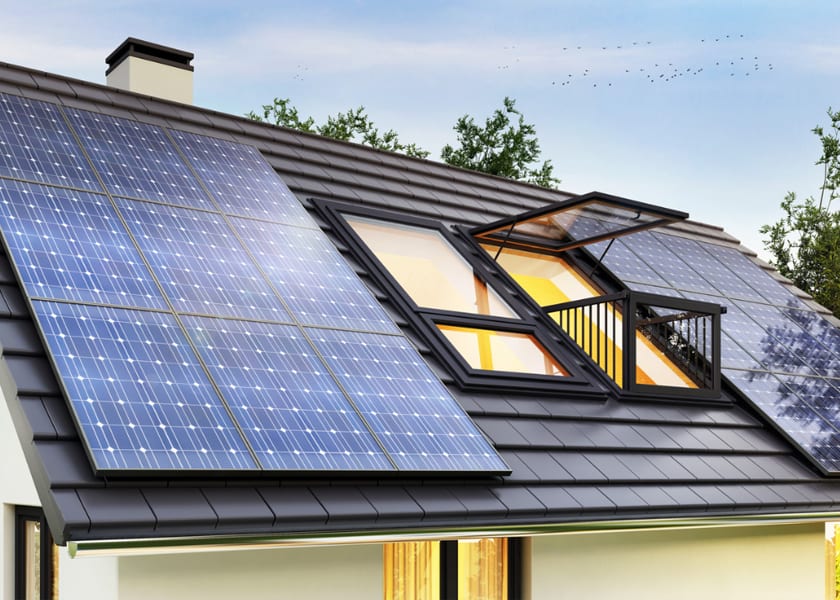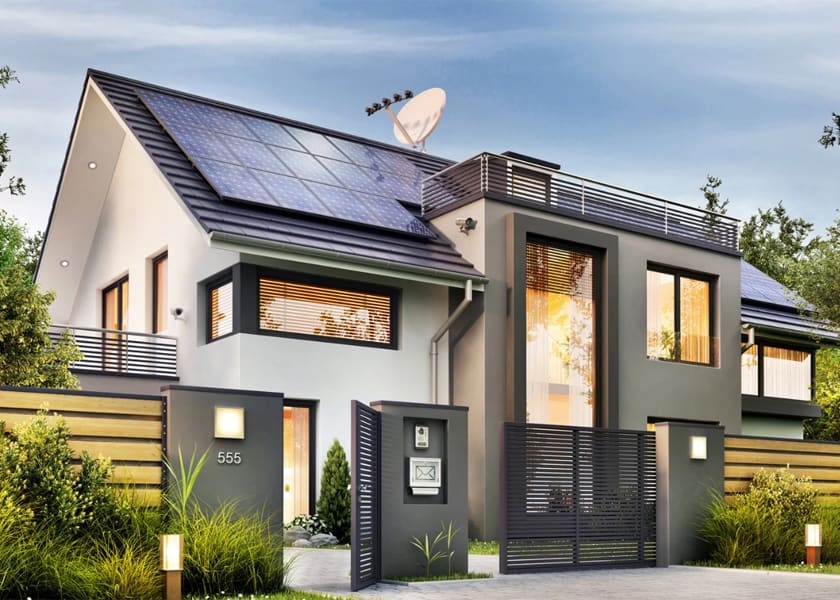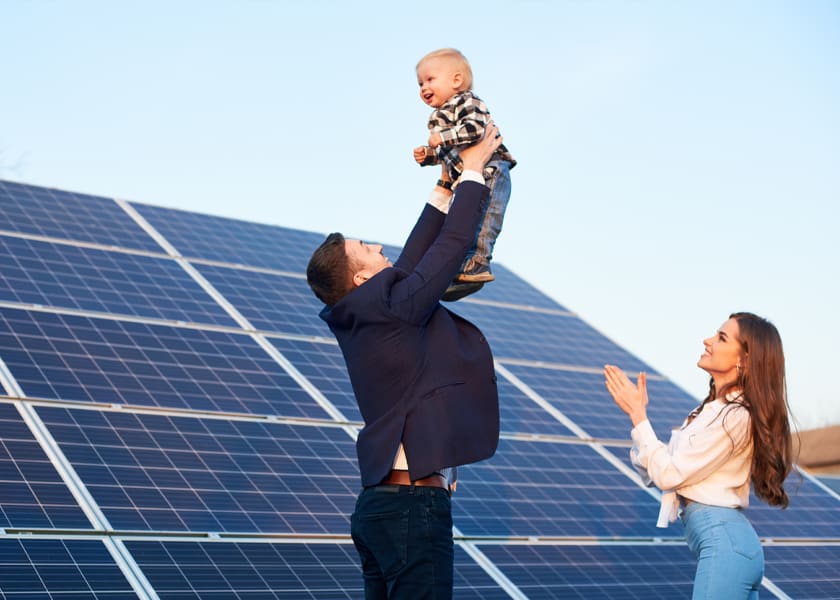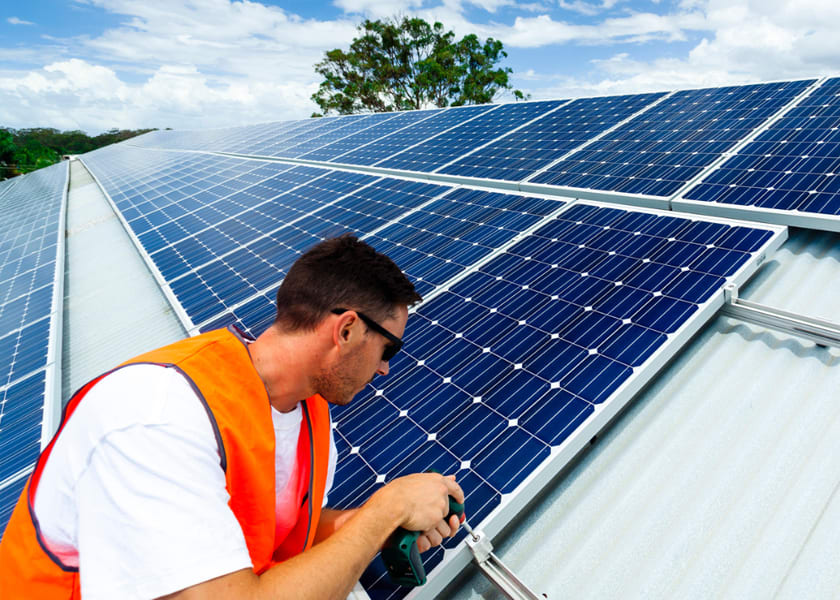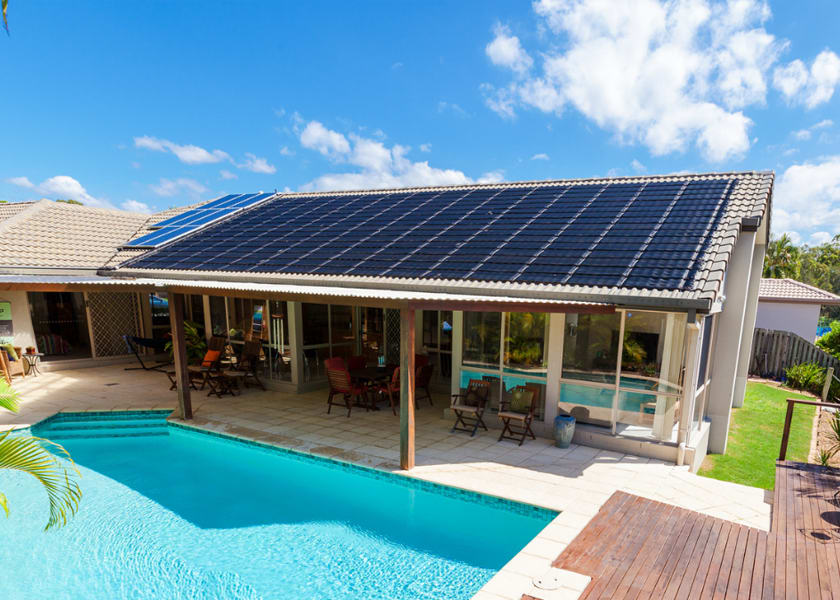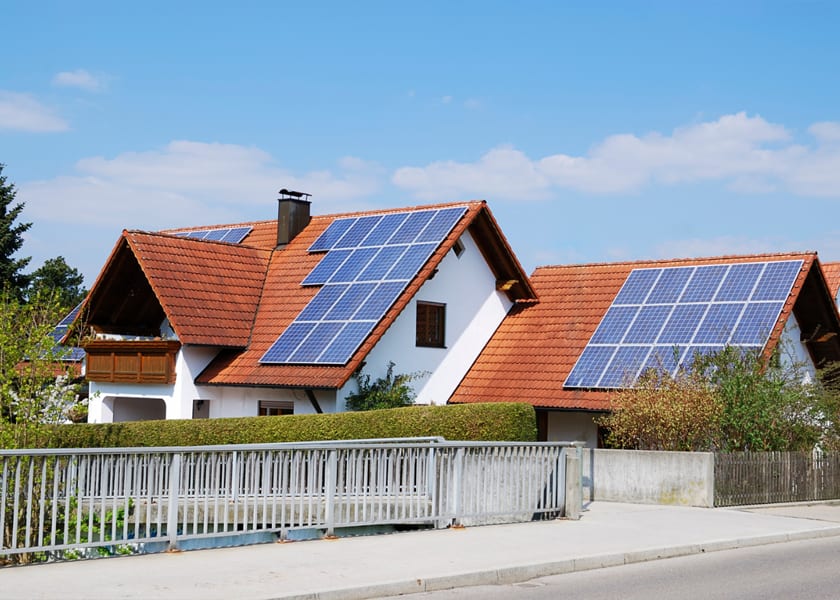Momentum Solar 
Best Solar Plans (Rating A+)
- 25 Year Equipment Warranty
- Maintenance Included
- Solar Roofs & Panel Install
- $0 Down Install Plans
Solar Panel Purchase
Things to Consider
Pros:
Ownership and Increased Property Value: When you purchase solar panels, you own the system outright. This not only allows you to benefit from all the energy it produces but also increases the value of your property. Solar panels are often seen as an attractive feature in real estate, potentially boosting the resale value of your home.
Long-Term Savings: Over the life of the system, which can be 25 years or more, you will likely save a significant amount on your energy bills. The return on investment (ROI) tends to be higher compared to leasing because you don't have ongoing lease payments.
Tax Incentives: Purchasing solar panels makes you eligible for various tax incentives, such as the federal Investment Tax Credit (ITC) in the United States. These incentives can significantly reduce the upfront cost of your solar system.
Cons:
Higher Upfront Costs: The most substantial drawback of purchasing solar panels is the initial investment. While incentives can help offset this cost, it still requires a substantial upfront financial commitment.
Maintenance Responsibility: As the owner of the solar system, you are responsible for its maintenance and any repair costs. However, solar panels typically require minimal maintenance.
Depreciation: Over time, solar panels may depreciate in value, affecting their resale value. It's essential to factor this into your financial calculations.
Solar Panel Leasing
Things to Consider
Pros:
Lower Upfront Costs: Leasing solar panels often requires little to no upfront payment, making it an attractive option for those with budget constraints.
Maintenance Included: Many leasing agreements include system maintenance and repairs, relieving you of the responsibility and associated costs.
Immediate Savings: By leasing, you can immediately start saving on your energy bills without having to wait for an ROI period.
Cons:
No Increased Property Value: With a lease, you do not own the solar panels, and they do not contribute to the increased property value. This means you won't benefit from any potential future home sales due to solar.
Long-Term Costs: Over the life of the lease, you may end up paying more for the solar system than if you had purchased it outright. Leasing companies often increase lease payments annually.
Limited Tax Benefits: Since you do not own the system, you are not eligible for the same tax incentives available to solar panel purchasers.
Transfer and Buyout Complications: If you decide to sell your home before the lease term ends, transferring the lease to the new homeowner can be complicated. Similarly, if you want to buy the system at the end of the lease, it may come at a high cost.
Conclusion
Choosing between purchasing and leasing solar panels involves weighing several factors, including your budget, long-term goals, and the desire for ownership. Purchasing provides long-term financial benefits, ownership, and increased property value but comes with higher upfront costs. Leasing offers lower upfront costs and immediate savings but lacks ownership and long-term financial advantages.
Ultimately, the decision should align with your unique circumstances and priorities. If you have the financial means and long-term commitment, purchasing solar panels may be the most financially rewarding option. On the other hand, if immediate savings and budget constraints are your main concerns, leasing can provide access to solar energy without a significant initial investment. It's essential to conduct a thorough evaluation of both options, considering your energy consumption, financial goals, and the specific terms of available lease agreements before making a decision that best suits your needs.

